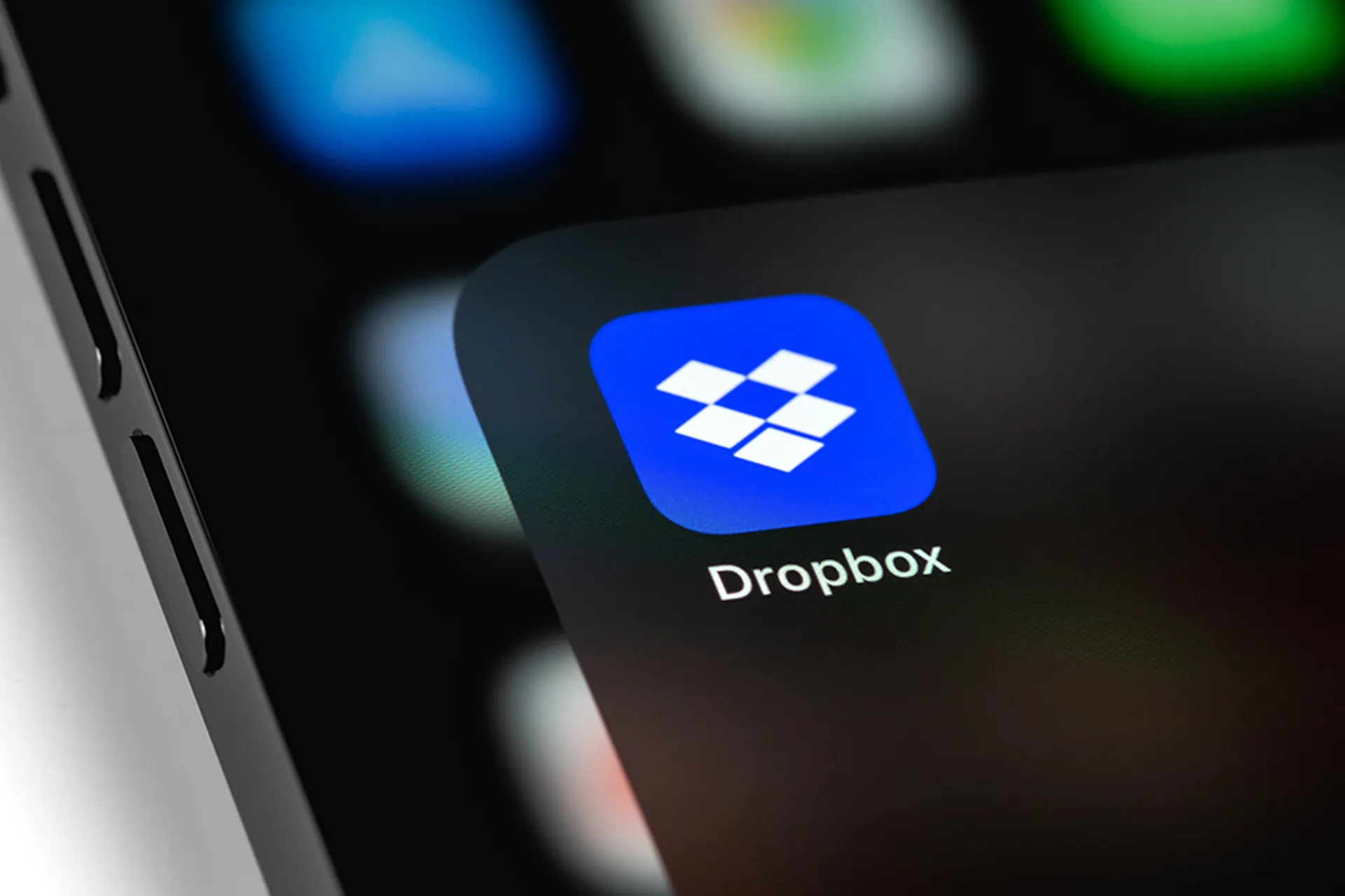The FTC is warning consumers of two kinds of stimulus scams scams -- fake government websites claiming anyone can “receive free money” by joining a grant program and also, phishing emails attempting to get users to hand over their personal information and infect users with malware.
The phishing emails offer consumers “free” money related to the economic stimulus plan. Some of the emails ask users to enter their bank account information so that the consumers' share of the stimulus can be deposited directly into their bank account.
“Instead, the scammers drain consumers' accounts of money and disappear,” the FTC warned in a statement.
The emails may appear to be sent from government agencies and may ask users to enter personal information to "verify" that they qualify for a payment. That information can be used to commit identity theft, the FTC warned.
Other email scams provide links or attachments to ostensibly find out how to qualify for funds. By clicking on the links or opening attachments, consumers may download malware or spyware that can be used for identity theft, the FTC warned.
The FTC is also warning consumers about scam websites associated with the stimulus plan.
One of the scam sites is, “Jessica's Money blog”, which claims Jessica -- a “struggling single mom” received a check for $12,000 from the government to start a business on Google with which she makes $5,000 a month.
This and other scam websites like it try an get users to enter their personal information and also attempt to lure consumers into purchasing a “Free Grants Kit” for $2.95 and a “Free Google Business Kit” for a $1 processing fees. With the grants kit, consumers will supposedly receive a list of grants that they will be able to apply for.
But in the fine print terms and conditions for these “free” kits it says that if a consumer does not cancel in 14 days, which Harrington said is a detailed and complicated process, they will be billed an additional $99 dollars, then $49.95 every month for access to an “online resource center.” Additionally, consumers will be enrolled in a 21 day trial of a debt-related site for an additional $29.95 per month, Harrington said.
In total, if consumers don't cancel in the allotted time their credit card will be charged more than $1,000 in a year, Harrington said.
“The devil is in the details,” Harrington said.
"As Google is not affiliated with these sites, we can't comment on individual claims. However, we recommend that users exercise the same amount of caution they would when evaluating other types of get rich quick claims,” a google spokesman said in an email to SCMAgazineUS.com Tuesday regarding the “Free Google Business Kit.”
Other economic scam websites may contain photos of Obama and Vice President Biden to give the appearance that they are government websites – but they are not. Government websites end in .gov and these scam sites do not, Harrinton said. Further, some of the sites also use logos from ABC, CBS, CNBC, CNN, FOX, NBC, MSNBC, USNews and other major media outlets to make them appear legitimate, Harrington said.
Ads for these websites have been posted on social networking sites, search engines, and streaming video sites -- including both Google and Facebook -- but Harrington said the FTC is working with the two companies and others to identify and remove the ads and that Facebook had already taken many of the ads down.
“We salute Facebook for being so proactive,” Harrington said.
A Google spokesman said that advertising is not permitted for sites that make false claims or misuse Google trademarks and that if there are trademark concerns, Google's legal team reviews them and takes appropriate action if necessary.
Harrington said that consumers must understand that the government doesn't charge people to apply for grants. Also, if users would like a list of grants they could get one at www.grants.gov.
Harrington said she is not sure how many individuals have been taken in by this scam, but instances of these websites have, “literally mushroomed overnight.”
Consumers who have fallen for this should check credit statements and dispute charges with card issuers if they are charged for these kinds of programs, Harrington said.



